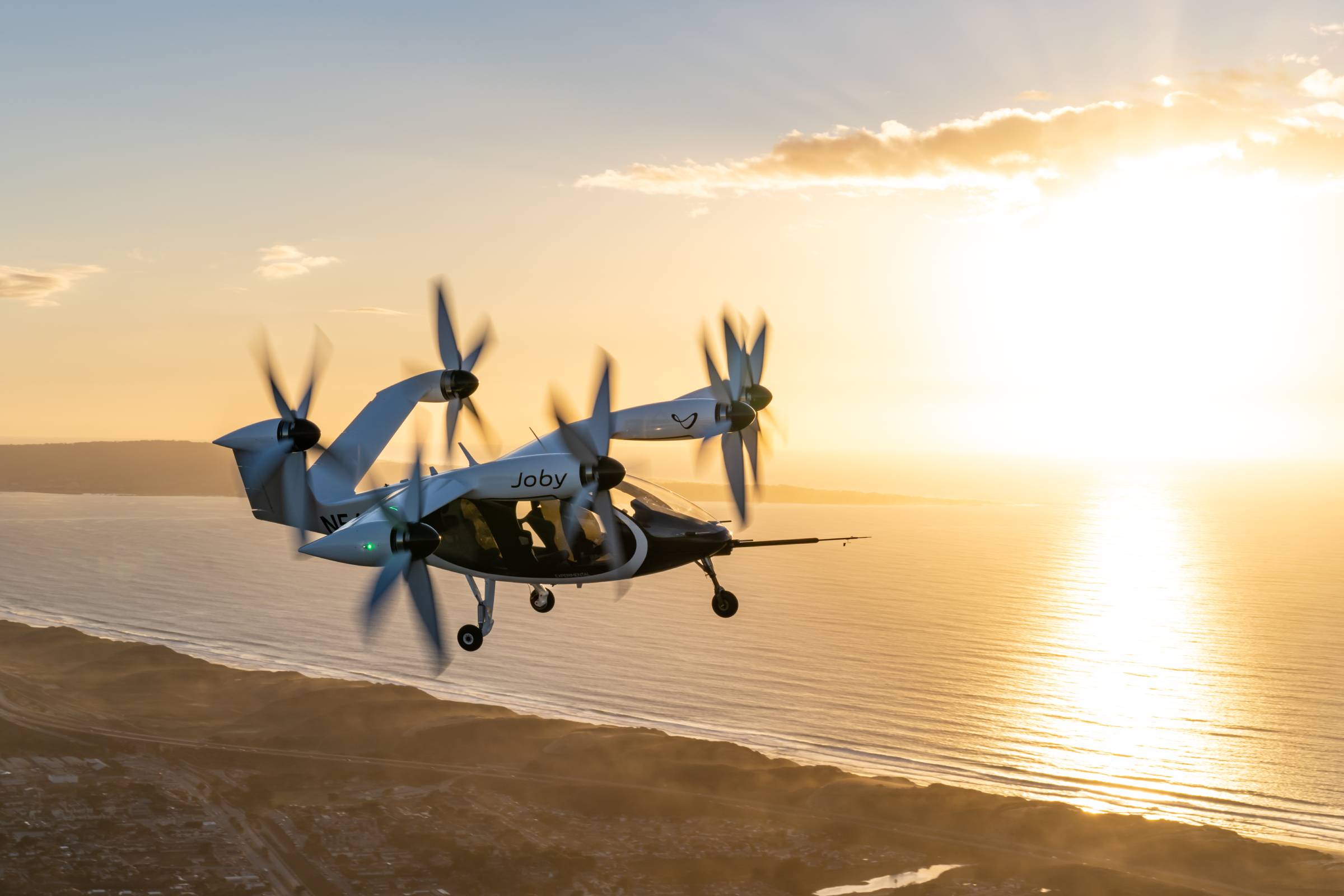The dream of flying taxis is getting closer to reality, thanks to the advent of electric vertical take-off and landing (eVTOL) aircraft. Unlike helicopters, these machines use small propellers, similar to drones, to take off and land vertically.
Once airborne, the rotors can be tilted forward, allowing them to cruise like fixed-wing aircraft. It offers a combination of versatility, efficiency, and environmental benefits. Major players like Joby Aviation are leading the way, with plans to launch commercial air taxi services from 2025.
Cities like Dubai, New York, and Los Angeles are on the map for this futuristic transportation system. Meanwhile, China’s EHang pioneered unmanned eVTOL, aiming to cater to the tourism sector, The New Scientist report. This rapid development suggests that flying taxis could become a fixture in our skies.

eVTOL aircraft come with some advantages, of course. They are designed to be quieter than helicopters, which will make them more acceptable for urban and suburban use. They are also powered by batteries and have the promise of zero carbon emissions when charged with clean energy.
Reliance on advanced computer systems not only increases operational efficiency but also reduces the risk of pilot error, which enables us to achieve safety standards comparable to those of commercial airlines. However, the road – or rather the sky – to the widespread use of flying taxis is not without challenges.
Current battery technology limits eVTOLs to flight ranges of 185 to 370 kilometers, more than the 400 to 800 kilometers offered by conventional helicopters. This limits its use to shorter journeys, making it ideal for city trips or quick inter-city hops rather than long-distance travel.
We have seen progress in EV batteries that can be recharged in five minutes and allow EVs to run longer. In addition, financial support from military programs has been a lifeline for companies like Joby, which has substantial contracts under the US Air Force’s Agility Prime initiative.
The real test for this technology is to prove demand beyond initial test flights. To truly revolutionize urban mobility, flying taxi services must be practical, accessible, and not just a luxury for the wealthy. As the year 2025 approaches, flying taxis may take flight, signaling a change in the way cities are navigated.





